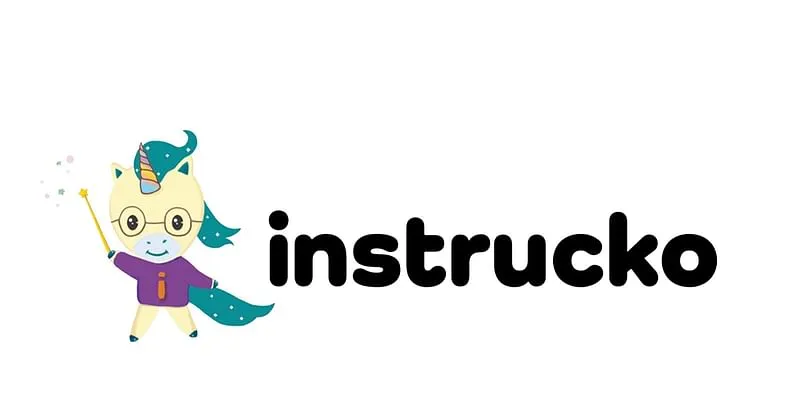Here’s how online language learning platform instrucko is evolving in the cramped edtech space
In conversation with YourStory’s Daily Dispatch, Devvaki Aggarwal, CEO, instrucko, reveals why the edtech startup is focusing on India, the reason behind taking the B2B and B2C paths, and plans for the future.
Launched in July, 2020, UK-based edtech firm instrucko provides online interactive language learning lessons to students between ages 3-15 years.
instrucko CEO Devvaki Aggarwal believes language is the most important form of communication, and that India - always a very "academics-oriented market" – has been primarily focused on STEM subjects, including math or science.
This leads people to encounter communication problems, which instrucko aims to solve with online language classes that not only help refine English but also learn other languages as well.
“People have offices all over the world, and being able to speak other languages gives you an edge over most people,” Devvaki says.

instrucko
Devvaki says there has been a growth spurt in the edtech market over the last one year due to the pandemic, with a greater section of people moving online. instrucko has completed 300,000 minutes of lessons in the last couple of months, and has seen over 2,000 people join the platform as paying customers.
“This has been a tremendous growth that we have achieved within six months since December,” she says.
The edtech startup offers courses in six languages, including Hindi, English, Spanish, French, etc. It has recently added German and Mandarin to the language portfolio, and also teaches public speaking and creative writing.
The idea is one: to enhance life skills.
B2B and B2C models
instrucko’s teachers are highly trained and certified, and teach through a storytelling method that helps children learn and retain information better. The interactive model focuses on critical thinking and emotional intelligence. All content is created by experts from University of Oxford, and the teachers are both, native speakers as well as from India.
“So, parents have exposure and access to essentially any teacher they want from any part of the world,” Devvaki says.
The company currently has works in B2C and B2B segments. People can sign up for courses directly on the platform, and the startup also collaborates with schools like MS Dhoni School in Bangalore. The team also trains teachers to use their content to teach in their own schools.
instrucko recently partnered with Literacy India and conduct classes with them once a week, she says.
The founder says the learning startup is in the process of building more technology-based learning products. They recently tied up with EtonX which is an offshoot of Eton College. They will also partner with more international schools like and put in place multiple partnerships and product launches in the next six months.
“There are a lot of interesting and exciting things coming up,” Devvaki says.
Focusing on India
Devvaki shares that instrucko will close its pre-Series A round in the next one week and plans to go for a Series A round in the next six to eight months. “We have already been approached by multiple VCs and private equities.”
As of now, 85 percent of users are from India and the rest from overseas, and the "focus will remain on the Indian market at the moment".
instrucko has onboarded Kareena Kapoor Khan, whose son is doing lessons with instrucko. and claims to have grown in different parts of the world through word of mouth. However, the company has not actively marketed anywhere other than India.
Conversion rates from a trial class to a package are “as high as 80 percent”. The company has very high renewal rates and average order value as well.
Devvaki concludes by saying that they would be “profitable depending on how much we spend on marketing”. “Profitability of course depends on our scalability.”
Edited by Teja Lele








